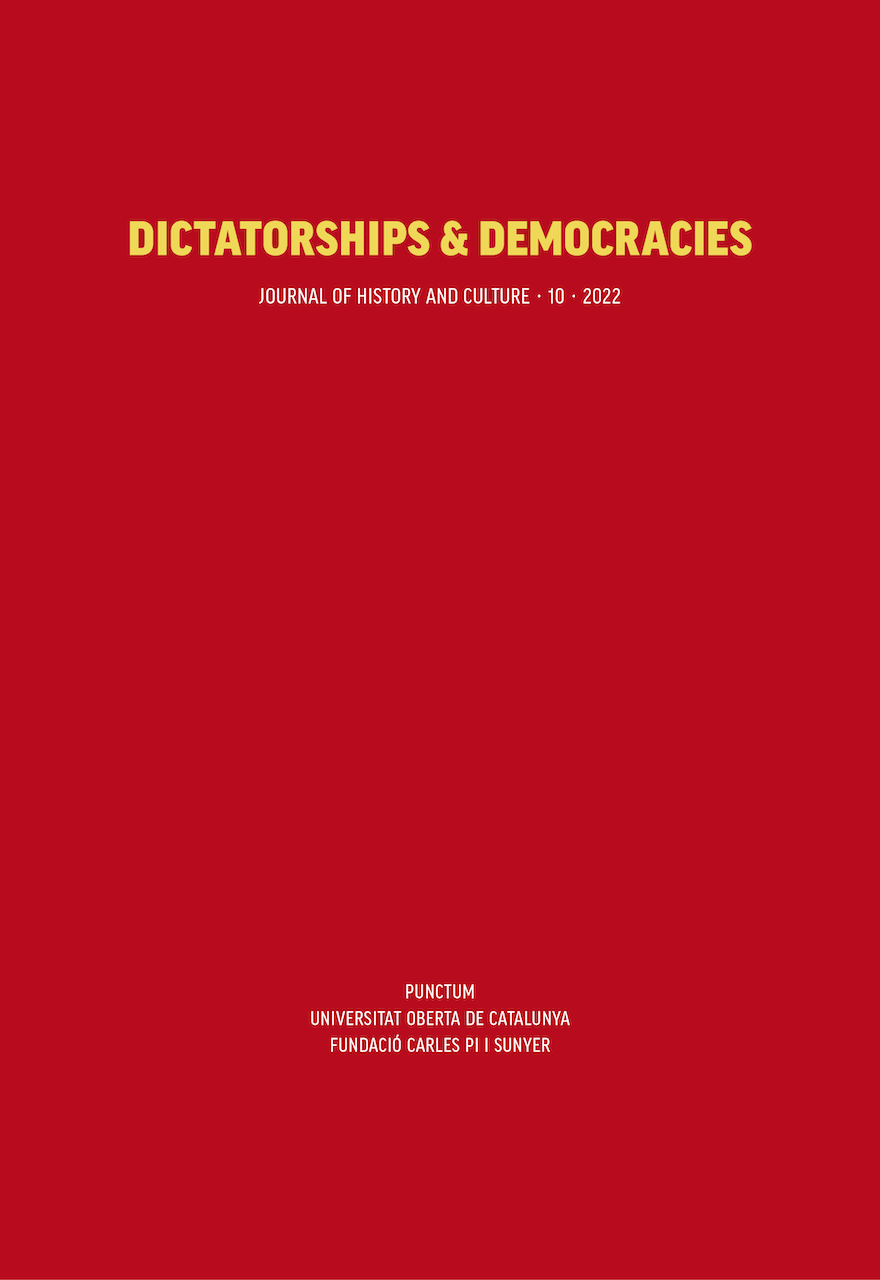«Quero saber se isto é verdade». The novel and the crisis of communism in José Saramago
Article Sidebar

Main Article Content
The collapse of communism in Eastern Europe had the effect of a return to reality, a disenchantment with democracy (Patrick Michel 1999). The work of José Saramago, a militant member of the PCP, must be read in a very specific context in which Portuguese revolutionary and patriotic euphoria was quickly disenchanted by triumphant capitalism and unstoppable globalisation. The struggles for recognition of minorities and/ or cultural peripheries are made explicit in his novels as well as in his political engagement. In História do cerco de Lisboa, elements such as the value of history and memory, identity and otherness, or poetic verisimilitude and its moral (and justice) component come into play, becoming an ideological revealer of the changes that took place at the end of the 20th century. The left defended by Saramago is committed to a principle of hope: his narrative shows us that it is no longer the real that grounds the credible, but the credible that grounds the real. This article aims to analyse Saramago's narrative of this period from the perspective of the anthropology of belief.
Article Details

This work is licensed under a Creative Commons Attribution 4.0 International License.
(c) Jordi Cerdà Subirachs, 2022
Copyright
Contents published in Dictatorships & Democracies are subject to a Creative Commons Attribution 4.0 International licence, the complete text of which can be consulted at https://creativecommons.org/licenses/by/4.0/deed.en. The authors retain the copyright. You may copy, distribute, transmit and adapt the work, provided you attribute it (authorship, journal name, publisher) in the manner specified by the author(s) or licensor(s).
Authors are responsible for obtaining the necessary licences for the images that are subject to copyright.
Assignment of intellectual property rights
The author non exclusively transfers the rights to use (reproduce, distribute, publicly broadcast or transform) and market the work, in full or part, to the journal’s editors in all present and future formats and modalities, in all languages, for the lifetime of the work and worldwide.
"I hereby declare that I am the original author of the work". The editors shall thus not be held responsible for any obligation or legal action that may derive from the work submitted in terms of violation of third parties' rights, whether intellectual property, trade secret or any other right.
Most read articles by the same author(s)
- Jordi Cerdà Subirachs, Brazil in Post-war Barcelona , Dictatorships & Democracies (D&D): No. 6 (2018)
- Jordi Cerdà Subirachs, Navas, Alina, i Chiara Sinatra. 2020. "La Italia de Juan Ramón Masoliver". Col·lecció «Terra Iberica. Ricerca», vol. 10. Roma: Aracne Editrice, 299 pág. , Dictatorships & Democracies (D&D): No. 9 (2021)